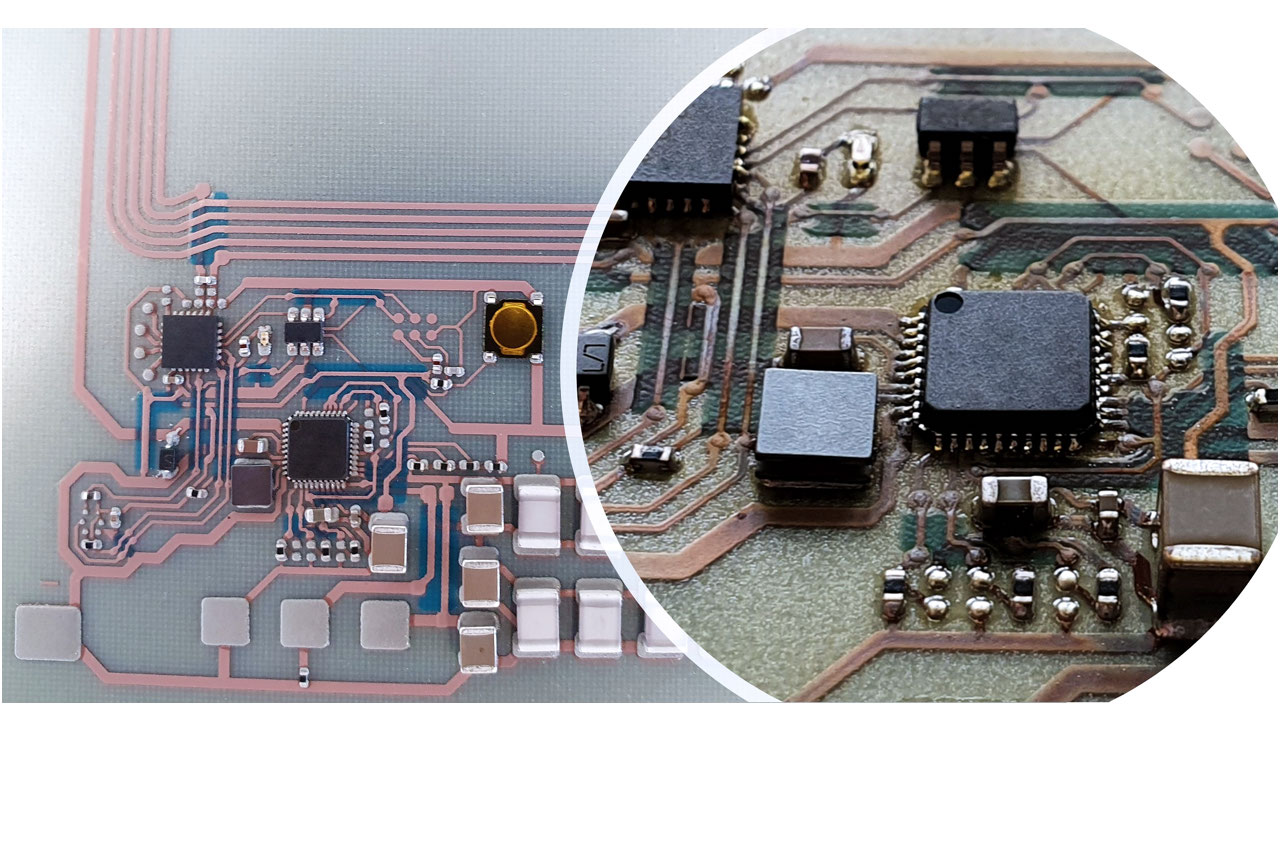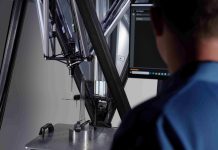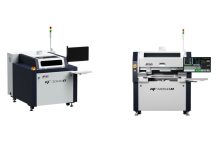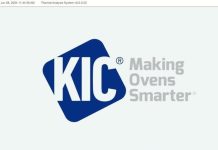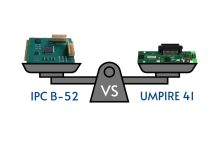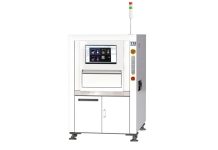InnovationLab, the expert in printed electronics “from lab to fab”, announces it has achieved a breakthrough in additive manufacturing of printed circuit boards (PCBs), helping meet higher environmental standards for electronics production while also reducing costs.
Within the research project SmartEEs2, funded by Horizon 2020, InnovationLab and its partner ISRA have developed a novel manufacturing process for copper-based solderable circuits. The circuits are screen printed and are compatible with conventional reflow processes.
Producing printed electronics is an additive process that does not use toxic etchants, and runs at comparatively low temperatures of around 150ºC, thus reducing energy consumption. Moreover, the substrates used in additive PCB manufacturing are up to 15 times thinner, compared to conventional techniques, which reduces material consumption and means the production process has less waste.
InnovationLab has so far produced a physical prototype, which includes all the important blocks of a smart label. It uses a copper ink to ensure high conductivity. Component mounting can be done in a conventional reflow soldering process, which enables manufacturers to switch to the new technology without investment in new equipment.
Multilayer layer printing, metal and dielectric, was used to produce the target functionality: a low power temperature sensor and logger, an NFC communication interface via a printed antenna, and a compact battery that is charged from a printed solar cell, making the device completely self-sufficient. The new process can produce both standard and flexible PCBs with up to four layers and can be used in product and process development for hybrid electronics.
Dr. Janusz Schinke, Head of Printed Electronics at InnovationLab, said, “This is a state-of-the-art production process, which will decrease costs and reduce logistical dependencies on suppliers, while delivering three key benefits for the environment: consuming fewer materials, using less energy, and producing less waste. By the end of this year, we expect to have scaled this process to high volumes, meeting customer demands of a million solderable tracks or more.”
SmartEEs2 is a European project, which is funded by the European Union’s Horizon 2020 research and innovation program. Its objective is to provide acceleration support to innovative companies for the integration of flexible and wearable electronics technologies, and thus to help European industry’s competitiveness.
About InnovationLab
Founded in 2008, InnovationLab GmbH is a one-stop shop for printed electronics, with a focus on flexible pressure sensors, as well as temperature, moisture and gas sensors, and the capability to design and produce fully integrated hardware/software systems. The company offers highly customized solutions and supports high-volume production at two manufacturing sites in Germany, providing hands-on support to its customers throughout the entire product value chain, from concept to bulk production of printed functional products. InnovationLab provides state-of-the-art infrastructure along with comprehensive expertise in materials, processes and printing technologies to develop novel products. InnovationLab also supports numerous research and industrial partners at its lab and fabrication facility, an interdisciplinary environment featuring 6200 m2 of usable space for production, development and offices, including 700 m2 state-of-the-art cleanrooms.


